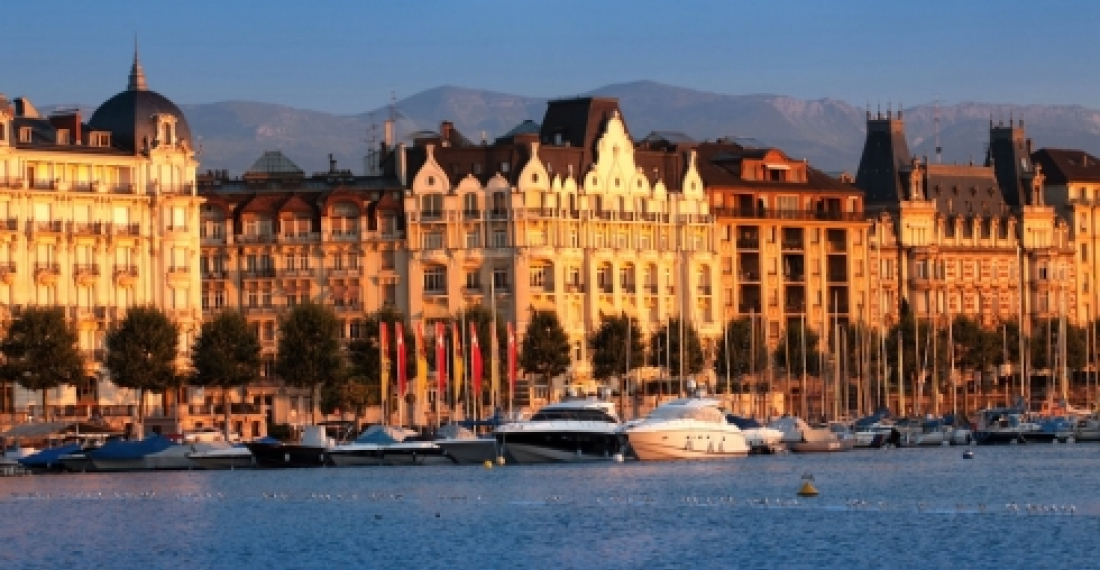The thirty-first round of the Geneva International Discussions, a mechanism involving Georgia, Russia, Abkhazia and South Ossetia, facilitated by the international community led by the European Union, the OSCE and the United Nations, concluded in Geneva on Wednesday (18th March) with little progress.
A statement issued by the three co-Chair of the process said that the meeting "turned out to be very difficult due to divergent views and approaches of participants on various issues, including on certain agenda items. As part of the review of the security situation, the participants commented on the 'Treaty on Alliance and Integration' signed today by Moscow and Tskhinvali. The Co-Chairs regretted that such a development took place on the same day as this round, thus creating a difficult climate in the discussions." (For more on the Russia-South Ossetia Treaty see here)
In Working Group I dealing with security issues, the participants assessed the general security situation on the ground as stable and calm since the previous round in December 2014. The participants continued to exchange views on the non-use of force, international security arrangements, as well as freedom of movement and travel abroad. They also continued to engage in the work on a draft joint statement by all participants on non-use of force, on which they registered some progress.
In addition, the participants reviewed and welcomed the continued good cooperation within the Ergneti Incident Prevention and Response Mechanism (IPRM) and reiterated their call for an early resumption of the Gali IPRM.
In Working Group II, the participants reviewed the developments related to the humanitarian sphere that occurred since the previous round. Among others, they touched upon issues related to freedom of movement, missing persons, cultural heritage and education. The exchange on issues related to returns of IDPs and refugees could not be completed.
In their statement the co-Chair, representing the EU, the OSCE and the UN regreted "that the discussions of this round could not be fully exhausted due to a dispute over the agenda".
The participants agreed to hold their next round on 30 June - 1st July 2015.
source: commonspace.eu
photo: Historic Geneva (archive picture).







